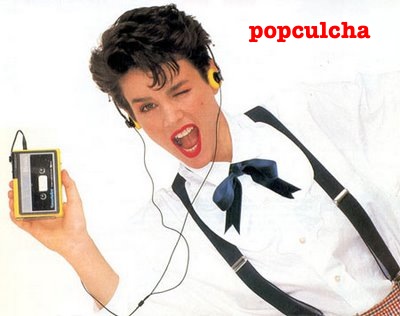Pertinent quotes:
A 2000 Interprise poll revealed that 50 percent of kids under 12 believe that becoming famous is part of the American Dream. It's a dream increasingly shared by the rest of the world, as revealed in a recent survey of British children between 5 and 10, who most frequently picked being famous as the "very best thing in the world." The views of these young children are no different from American college freshmen, who, according to a 2004 survey, most want to be an "actor or entertainer."
In the 1950s, only 12 percent of teenagers between 12 and 14 agreed with the statement, "I am an important person." By the late 1980s, the number had reached an astounding 80 percent, an upward trajectory that shows no sign of reversing. Preliminary findings from a joint study conducted by Jean Twenge, Keith Campbell and three other researchers revealed that an average college student in 2006 scored higher than 65 percent of the students in 1987 on the standard Narcissism Personality Inventory test, which includes statements such as "I am a special person," "I find it easy to manipulate people" and "If I were on the Titanic, I would deserve to be on the first lifeboat."
A Harris poll conducted in 2000 found that 44 percent of those between the ages of 18 and 24 believed it was at least somewhat likely that they would be famous for a short period. Those in their late twenties were even more optimistic: Six in ten expected that they would be well-known, if only briefly, sometime in their lives.

